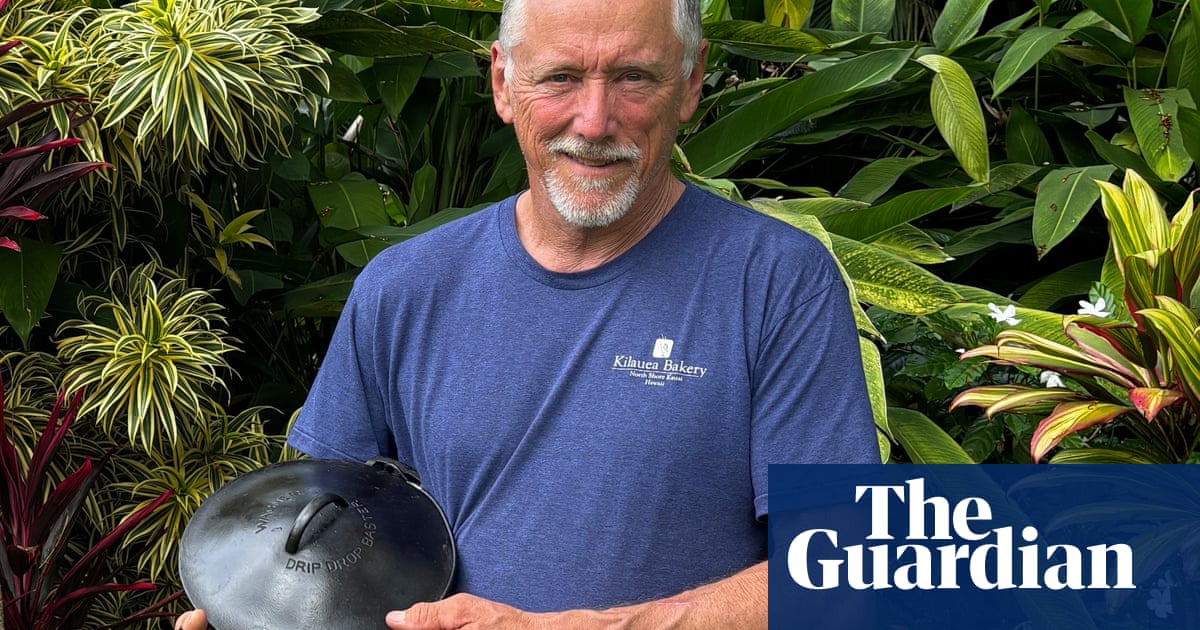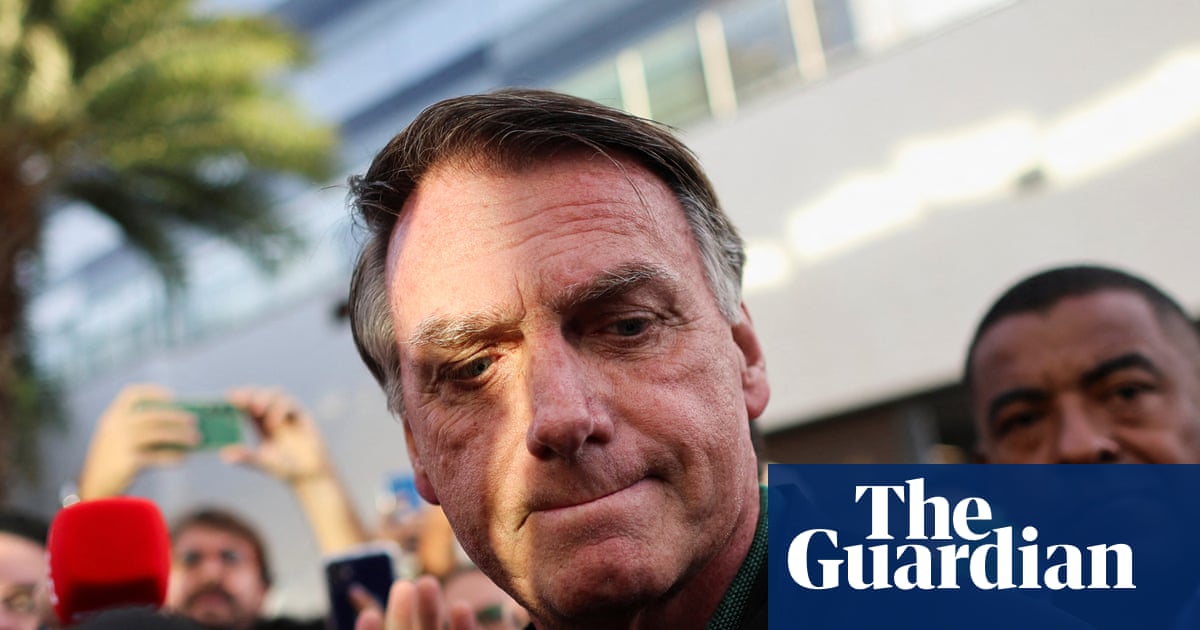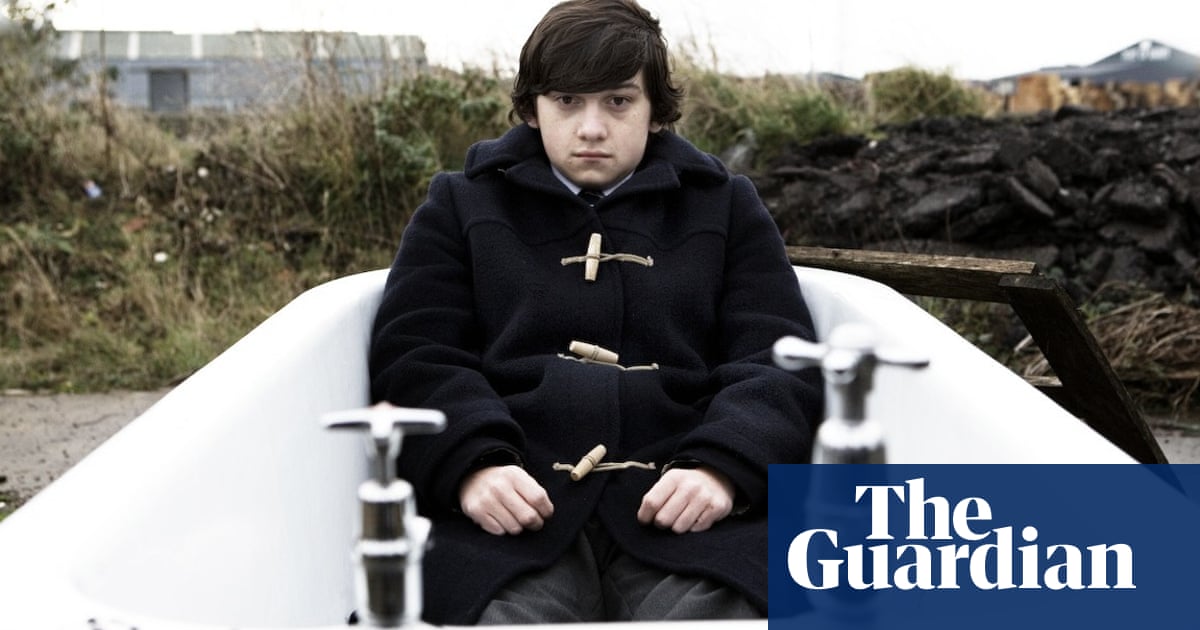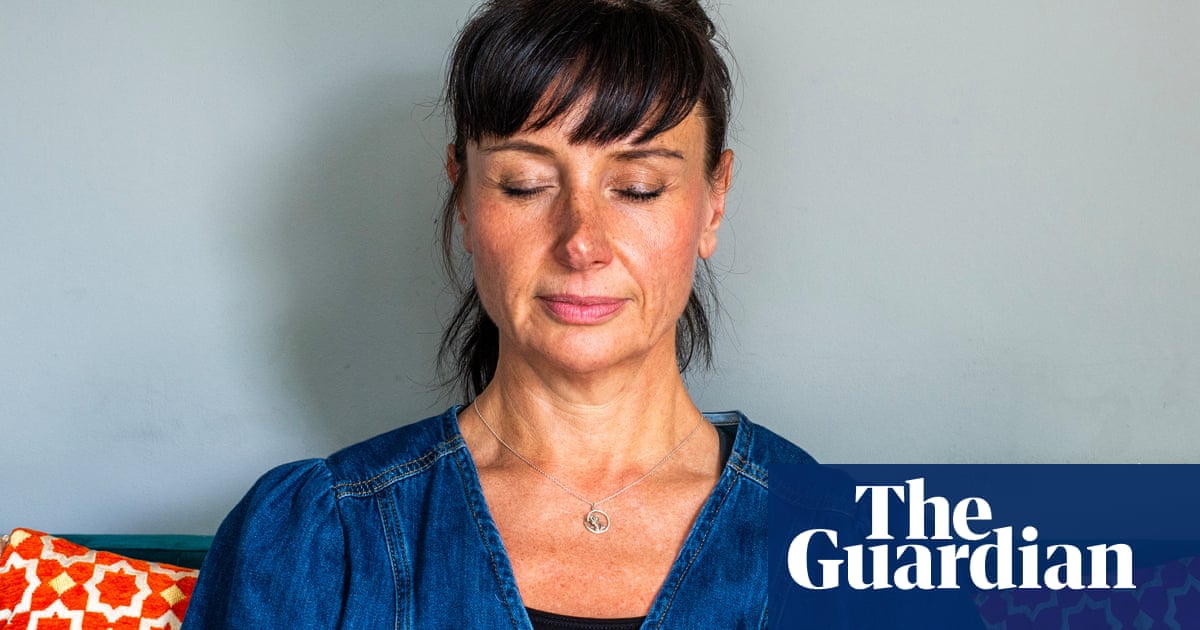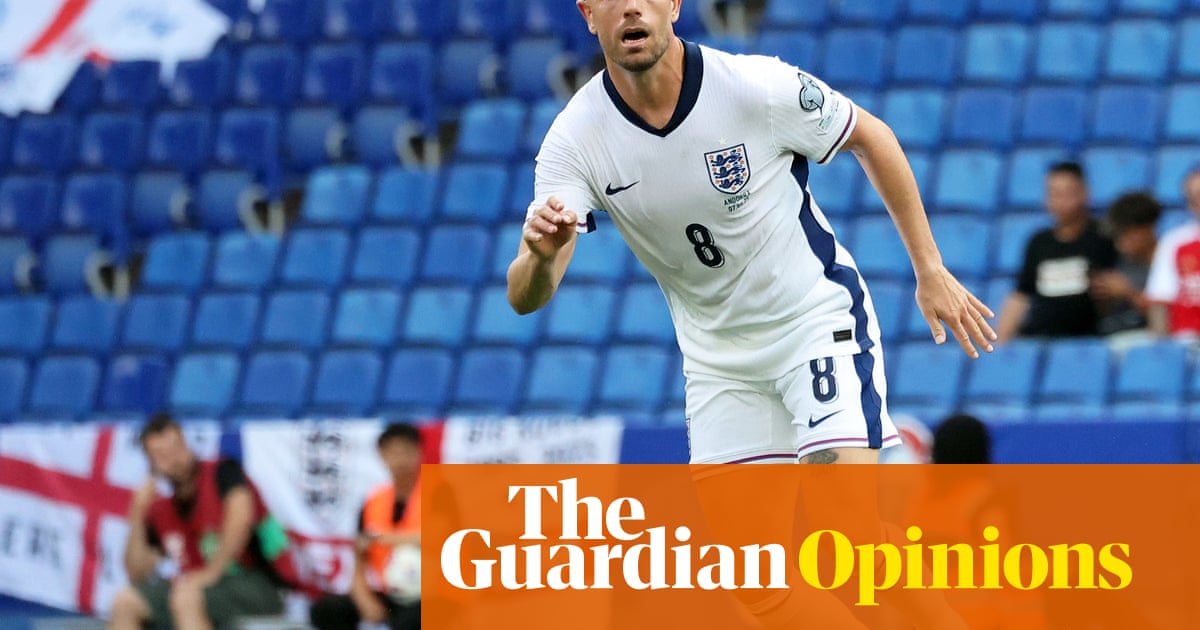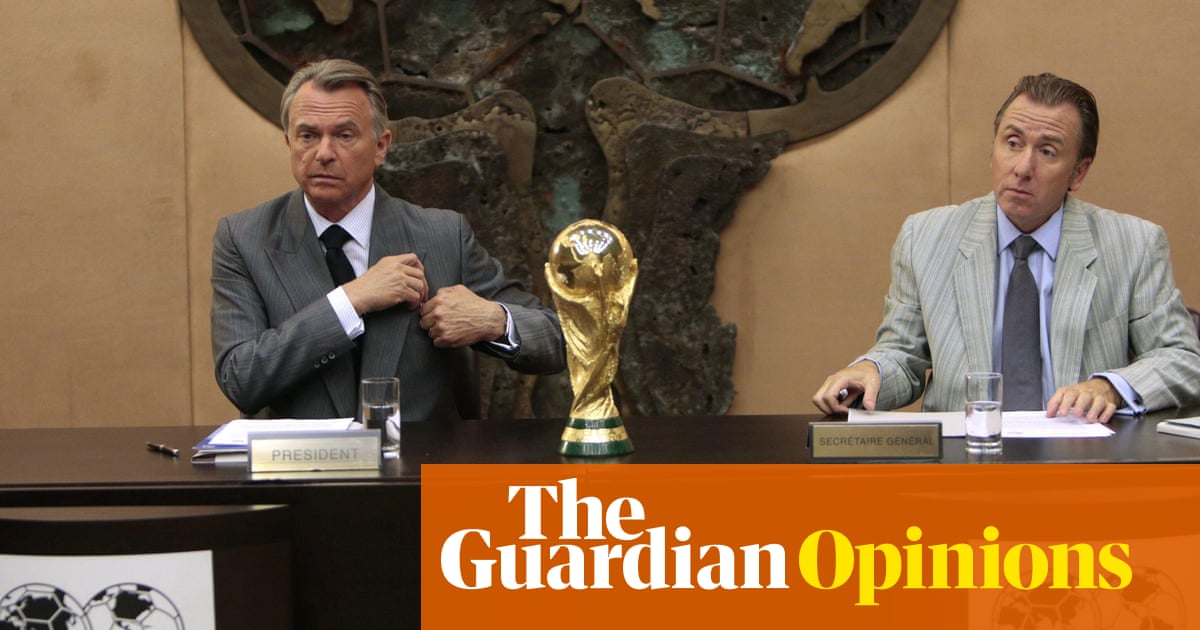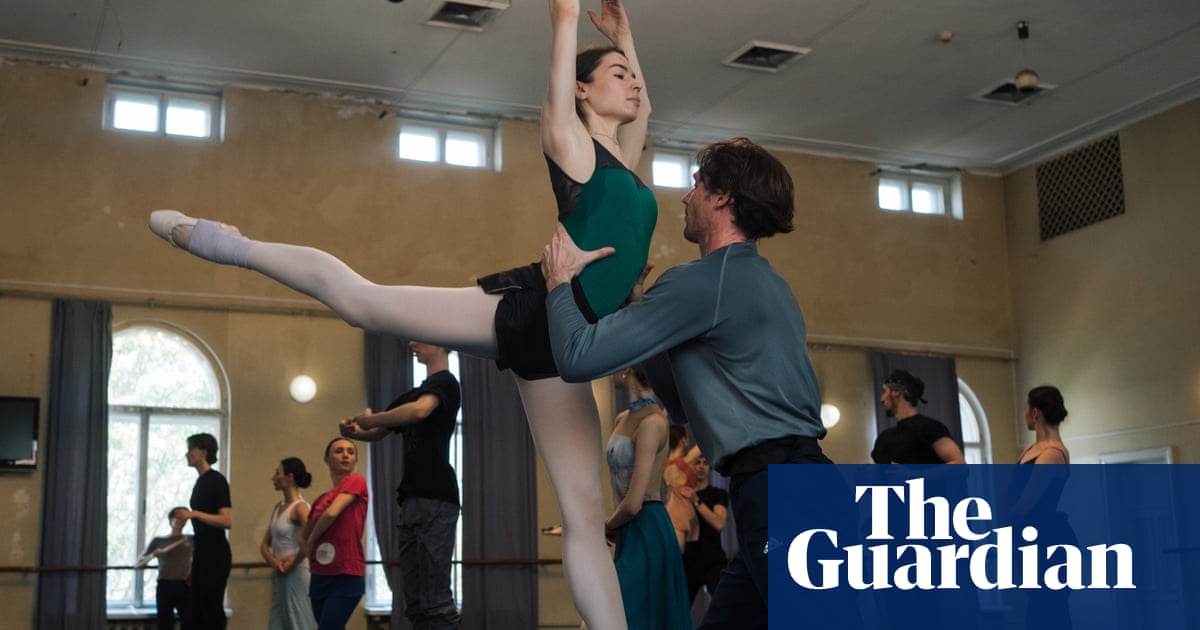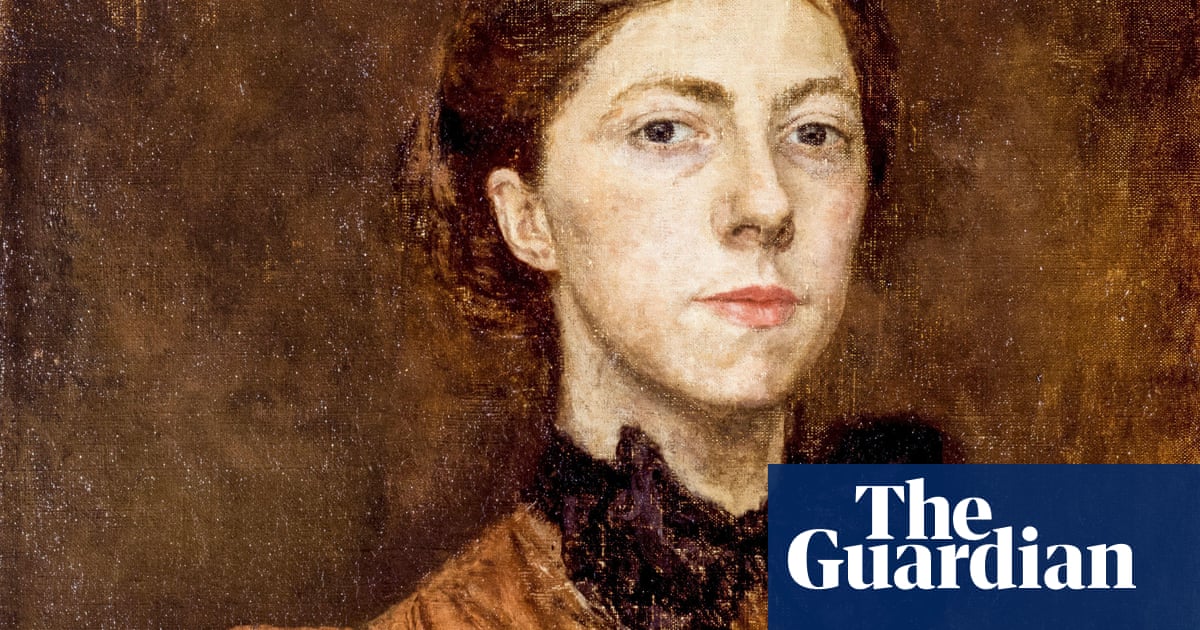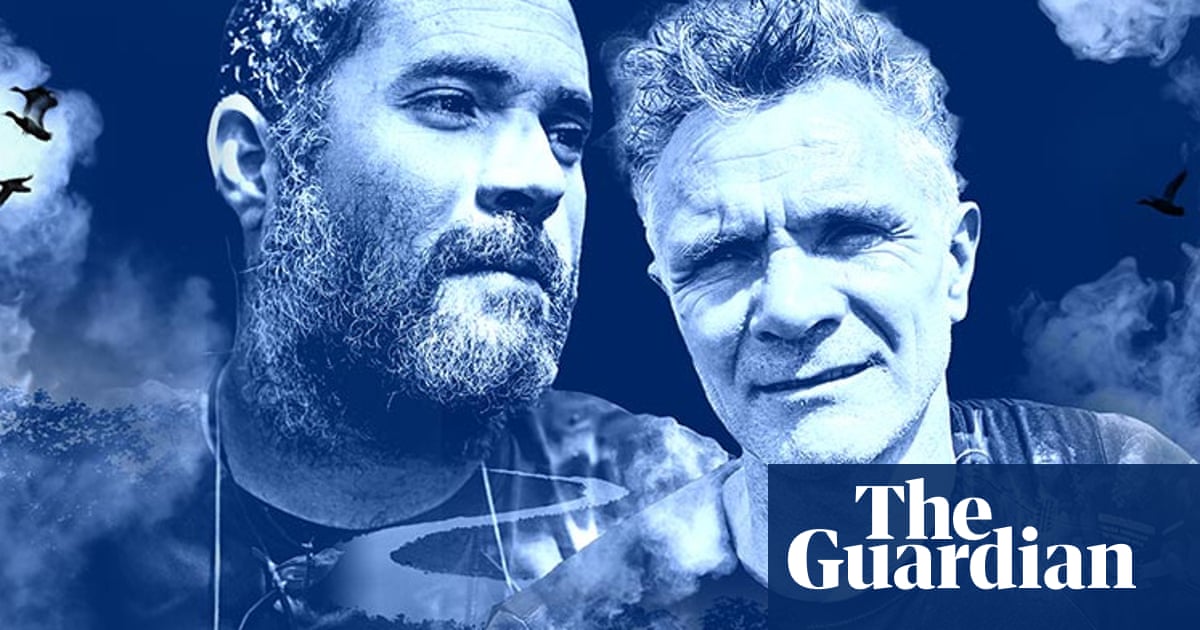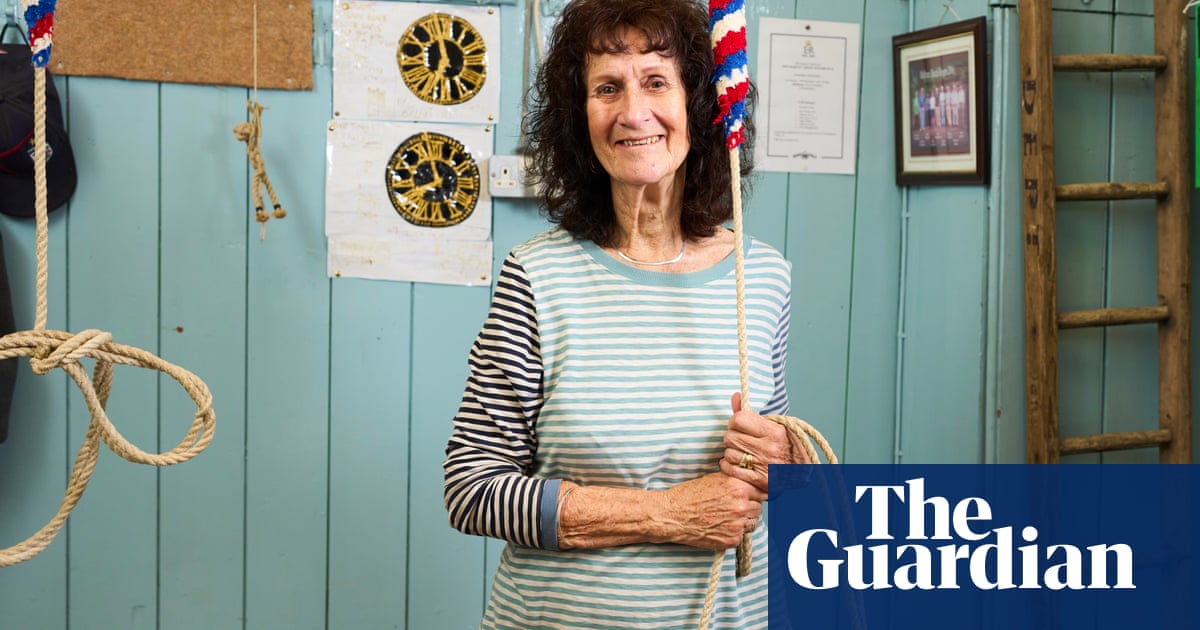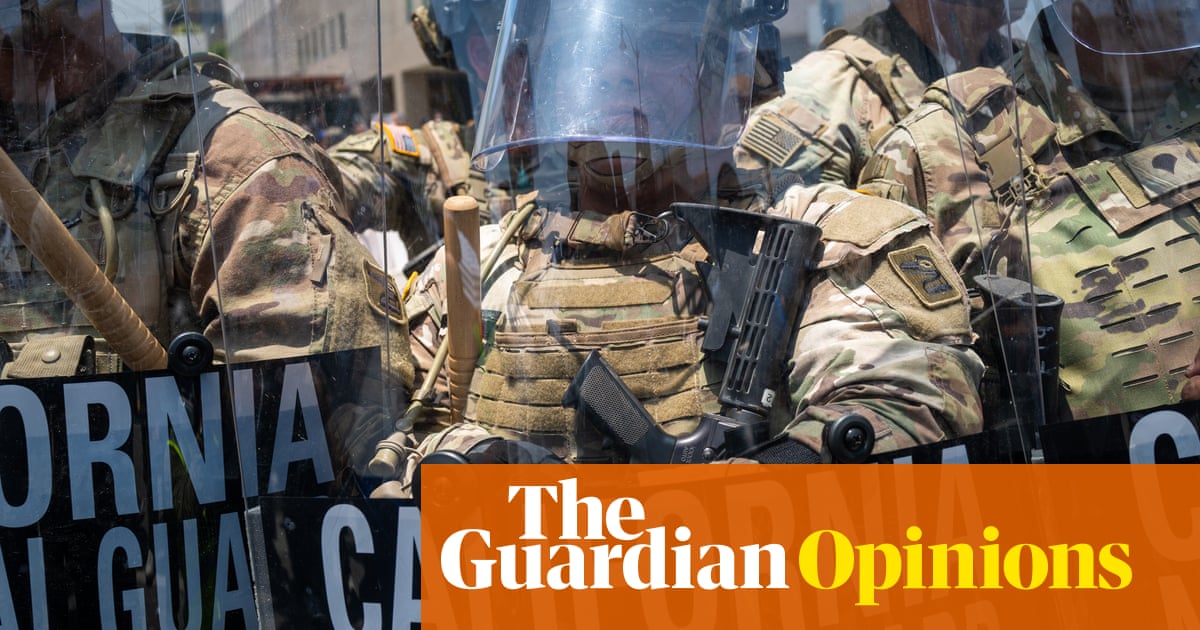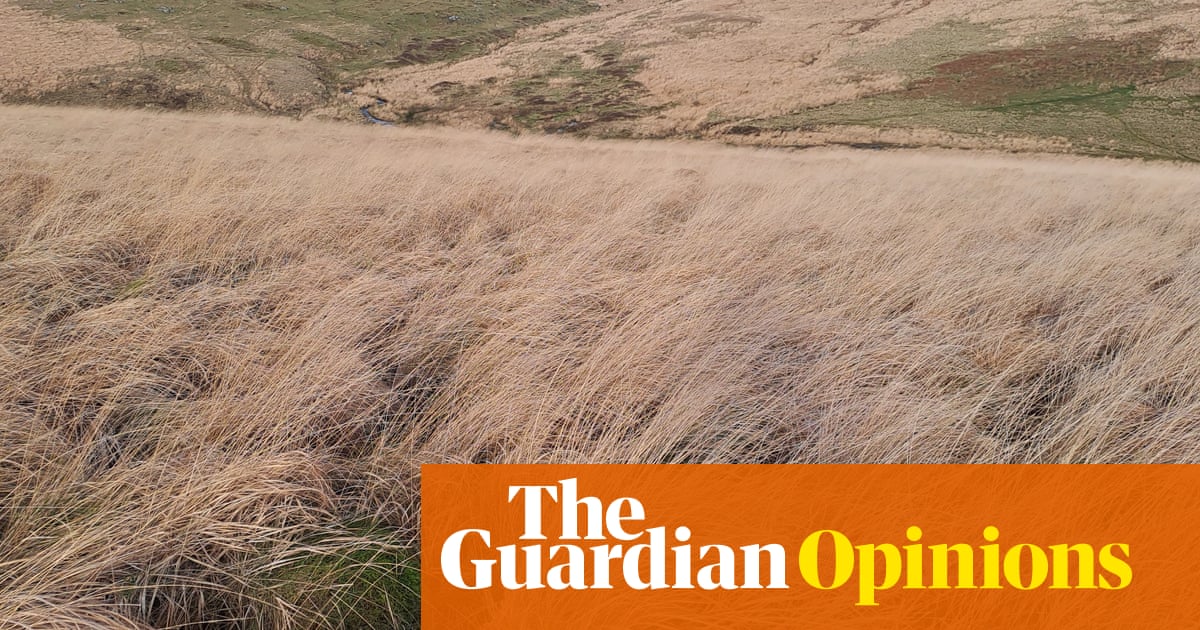I was midway through Kathryn Mannix’s With the End in Mind when it happened. It’s a comforting book – the author is a palliative care consultant – that describes the basics of a good death: a diminuendo. The mind fades. The breath slows. Inevitably, gently, life stops.
And then I got the call: my sister Millie had died. Her death, at the age of 47, was sudden and unexpected. She was my only sibling – four years younger than me. I put the book down. I’ll probably never finish it.
Shock grief is not the same as “here it comes” grief, the feeling you eventually get when someone has been ill and deteriorating for some time. There’s no chance for reflection while shock is in charge. In the days that followed, I was overwhelmed by one notion: that someone ought to tell Millie she was dead – she didn’t see this coming either – and that the someone ought to be me.
Then the sadness began to change. Shock grief gave way to something new. Let’s call it horizontal grief. I’d done vertical grief. My father died years ago, and I have lost grandparents and aunts and uncles – but losing the only other member of the family who went to the same primary school as me and with whom I shared the back seat of the Austin Maxi and argued over the Kellogg’s variety pack on day one of every holiday was something new and dreadful.
My sister was a lot of what I’m not. She was immensely practical. Pulling down a wall was, to her, what straightening a picture is to me. Millie also (unlike me) had a phenomenal memory for detail. She could describe the pyjamas I was wearing when we were woken by the garden wall getting blown down in the great storm of 1987 (when I first and finally heard my mum say “fuck”). She knew the name of the boy at the French holiday camp who told 10-year-old me how babies were made. She remembered my imaginary friend, Tommy Taplin, better than I did.
As Millie’s death graduated from a “shock” to a “thing”, I began to realise just how much I had always relied on her version of events. When she was born, she “bought me” (in the charming, absurd tradition that an unborn sibling is gestating alongside a gift) a present. It was something to do with either Noddy or the Wombles. But which? I’ll never know again. When she died, she took the memory of not one but two childhoods with her – in all their vivid, silly, scattered, doesn’t-matter-but-it-does detail.
I feel as though I have lost a witness, someone who can attest to what happened to us both. Millie is gone; my father has been dead many years; and my mother’s memory is cruelly abandoning her. It is as though 90% of the family photo albums are suddenly gone. “To lose your younger sister is a terrible thing,” wrote Blake Morrison. “There’s no one alive to check the truth.”
I am resigned to a future of “I don’t know”. Why did our dad throw his career away in his 30s? I don’t know. But he would have told Millie. Did I imagine an apparently lost bus struggling to turn around in our cul-de-sac one Saturday morning? Millie would have been able to confirm. Did our nan smoke weed? I’m sure Millie mentioned that once. Except I’m not sure now, and can’t be.
Memories are the stories we tell ourselves, and they are the building blocks of the self. But if you can’t remember the stories, who are you? Anyone who has loved someone with memory issues knows the horror that is watching a personality vanish while the person remains. Dementia, if heredity determines it, could be my future. The rest of my memories could in time be corrupted and deleted.
For many bigger reasons, I miss Millie. She was very, very alive – an inveterate showoff, and with good reason. I have never known anyone more impossible to ignore. One memory I hope I never lose is of her blazing her way through Katy Perry’s Roar at a children’s party, madly choreographing all the kids. Louder than a lion, that was my sister.
-
Jason Hazeley is a comedy writer who is partly responsible for TV untellectual Philomena Cunk

 3 months ago
86
3 months ago
86
